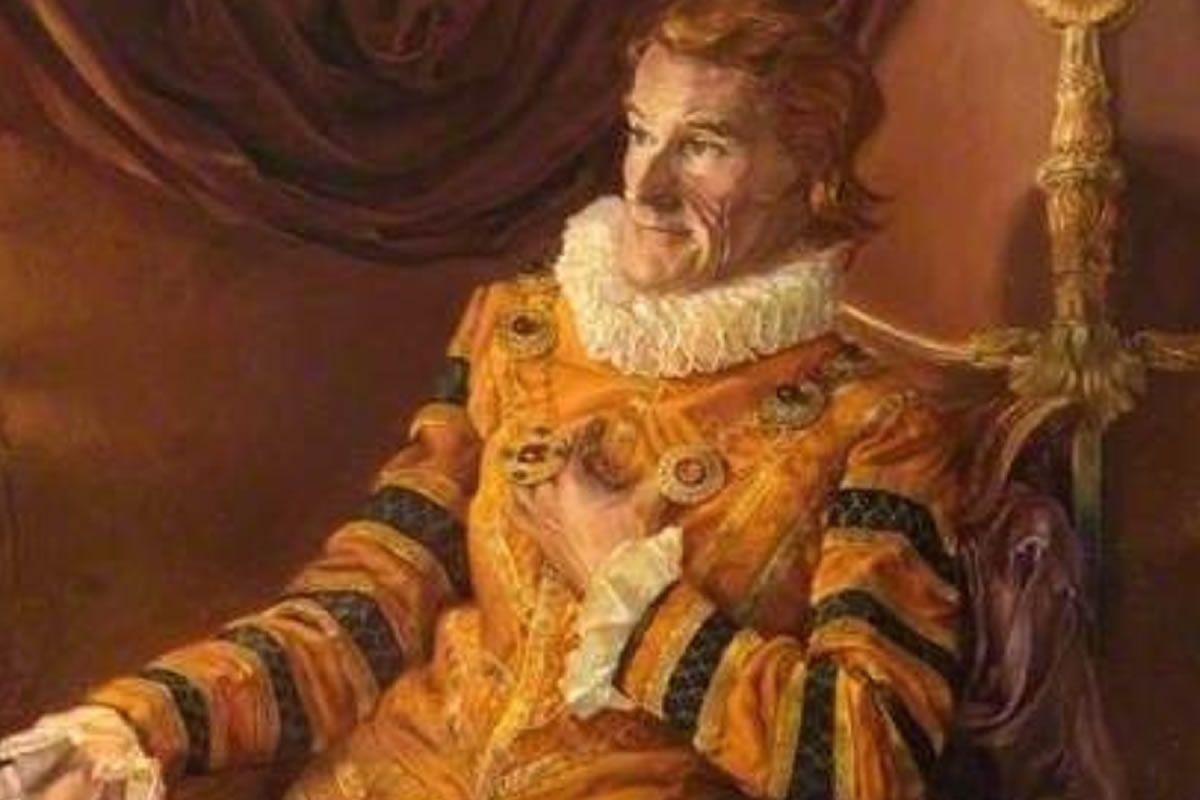These days Duncan Macrae isn’t a household name. During his lifetime, his remarkable career was overshadowed by an advert for porridge oats and a Hogmanay rendition of a popular comedy song, ‘The Wee Cock Sparra’. In his brilliant solo play, Michael Daviot goes some way towards rectifying that injustice.
The framing device sees Macrae in a sort of afterlife departure lounge being whooshed from memory to memory. Born in Glasgow into a Presbyterian family, he combined teaching and amateur dramatics for years before turning professional, mainly because Scotland didn’t have a professional theatre industry, so turning professional meant moving to London. He was greatly helped in his ambitions by his working relationship with the playwright James Bridie. Nearly forgotten today, Bridie was a GP, writing plays for amateur companies which proved to be so popular that he would become one of the most successful playwrights of the mid-20th Century, going on to co-found the renowned Citizens Theatre.
Both men were part of a movement that wanted to create a distinctly Scottish form of theatre. Plays were written in Scots, and Macrae thought that introducing an element of clowning would give Scotland a recognisable acting style. He learned his lines by marching around his lawn, making a gesture or a shape, like a kick or a punch, as he turned each corner. He fought hard for Scottish plays to be given a place on the fringe of the Edinburgh International Theatre, and had a smash hit playing Flatterie in A Satire of The Three Estates, a Renaissance morality play modernised by Robert Kemp, and directed by Tyrone Guthrie.
Snippets of Macrae’s performances are interlaced with his life story in ways that, in lesser hands, could have been dull filler. Daviot makes them essential to understanding the man and his era. Prancing around as Flatterie, gloating that other vices are punished while ‘Flatterie is free’, or rowing into a starry night, advising us to, ‘Teach the bairns to dream’ as a magician in Alexander Reid’s The World’s Wonder, he gives a strong impression of a time when clear-eyed cynicism mixed with wistful fancy as artists struggled for the resources and confidence to make new work.
Daviot is so good that it would be a shame if he never got to play at least one of these roles in full. More conventionally handsome than Macrae, he nonetheless captures his mercurial spirit, being both sinister and charming, self-sabotaging and canny.
‘A Noble Clown‘ is at Scottish Storytelling Centre – Netherbow Theatre until Thu 14 Aug 2025 at 18:45


Comments